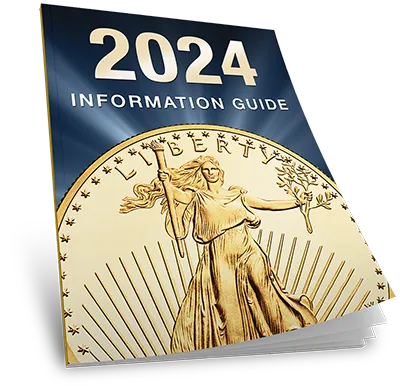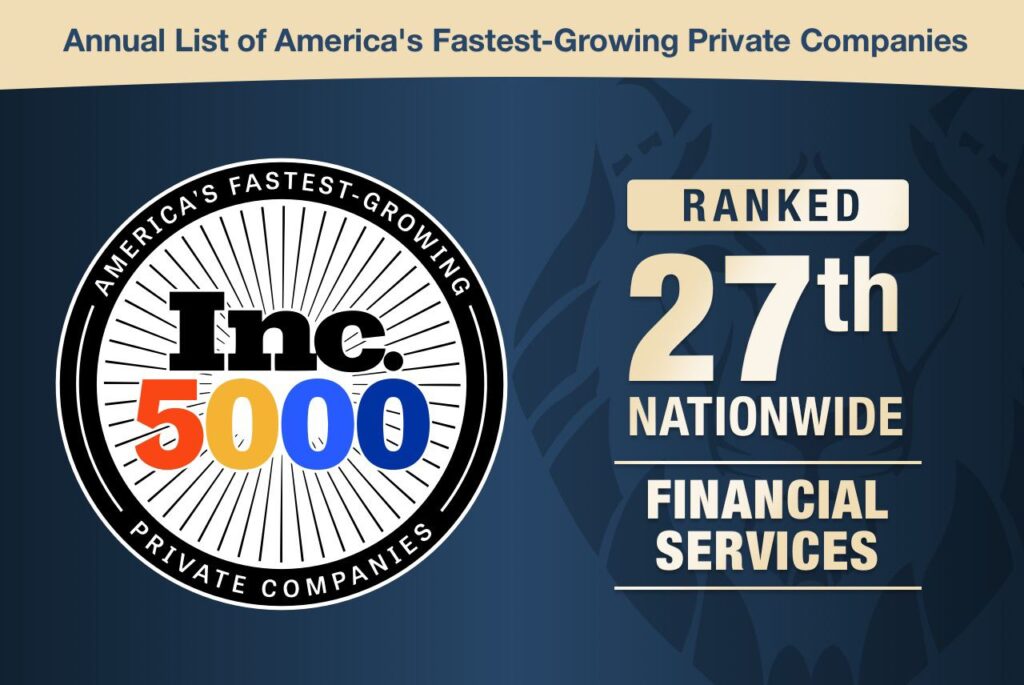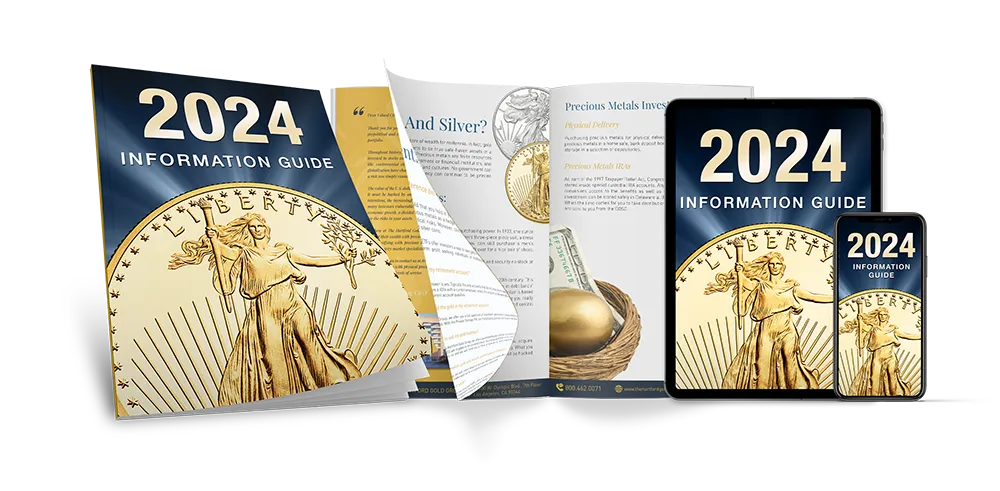American Savings Depleted as Credit Debt Piles Up
Americans are running out of savings at the worst possible time. Record high inflation and a looming recession are consuming available dollars. And as savings are running out, record levels of debt are building up. Federal reports warn that American households are on the path to economic crisis.
The recent Federal Reserve Consumer Credit report shows outstanding consumer credit is at historic levels. Americans are holding $4.7 trillion in consumer credit debt. Nonrevolving credit like auto and personal loans increased 5.1%. While revolving credit, like credit cards, increased a whopping 18.1%. Clearly the rapid and aggressive Fed rate hikes have not slowed down borrowing. Since 2011, outstanding consumer credit has increased 90%.1
Rising inflation combined with rate hikes could make revolving credit a problem for indebted Americans. The financial stress will become worse as unemployment increases due to recession.
The reliance on credit is growing as savings are being depleted. People stockpiled cash during the pandemic thanks to numerous stimulus checks and a closed economy. The savings rate hit all time high of 33% during that time. But that rate quickly declined as the economy opened up and inflation skyrocketed. People are being forced to spend their savings as inflation drives up the price of everything. The savings rate declined from 20% in 2021 to 3.5%, a 470% drop. The average rate since 1959 was about 9%. 2
At this pace, Americans will be forced to spend way past their savings. They will find themselves short on cash when recession hits. People shouldn’t look for any more stimulus money. The US government is no better at managing debt. The US public debt just hit a record $31.1 trillion.
The Financial Fragility Indicator Points to Trouble Ahead
S&P Global Ratings published their most recent Financial Fragility Indicator (FFI) report. The FFI is based in part on data about the financial accounts of U.S. consumers and businesses collected and published by the Federal Reserve. The higher the reading on the FFI, the less savings are available to help weather an unexpected expense.
The FFI shows household savings rapidly disappearing as prices soar and Fed rate hikes increase the cost of borrowing money. The FFI showed the fastest pace of savings decline since the financial crisis of 2008.
The speed at which the indicator dropped is worrying economists. Households and nonfinancial corporate sectors both experienced worsening conditions. Household savings dropped 83% quarter on quarter. Nonfinancials worsened 103% during the same period. These are largest drops since the indicator was formed in 1987. Economists think the indicator could reach levels of severe economic stress as soon as next year. A bear market is amplifying that stress. Retirement funds have lost nearly $3 trillion in value this year. 3
According to the S&P Global report, the only thing that could avert a crisis is for the Fed to pivot away from rate hikes. Yet, Fed Chairman Powell has emphasized that there would be no pivot. He believes nothing is more dangerous for the economy than to quit rate hikes before inflation is under control. The Fed has essentially trapped itself. Inflation is breaking people’s banks. But the means to stop inflation is also making people broke.
Soon most Americans are going to find themselves in a very tough position. Savings will be depleted. Credit debt will grow much larger and more expensive. All the while, inflation will continue to drive up prices as the economy stagnates. Now is the time to preserve your wealth. A Gold IRA from American Hartford Gold is one of the best ways to protect your savings. Don’t wind up another statistic. Contact us today to learn more.






